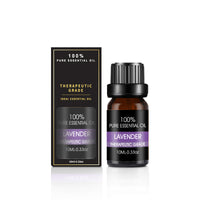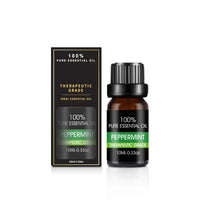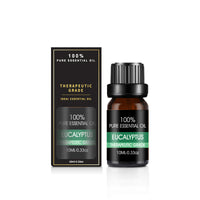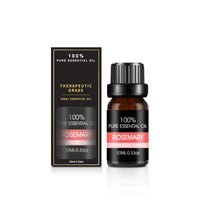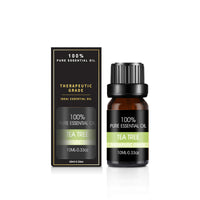Respiratory health is a perhaps the most important aspect of overall well-being. Our respiratory system is responsible for supplying oxygen to our body and removing carbon dioxide, ensuring that our organs and tissues receive the necessary oxygen to function properly. However, various factors such as pollution, allergies, and infections can compromise our respiratory health, leading to discomfort and breathing difficulties.
What is Respiratory Health?
Respiratory health refers to the optimal functioning of the respiratory system, which includes the lungs, airways, and other related organs. It involves the ability to breathe easily and efficiently, without any discomfort or limitations. Good respiratory health allows us to engage in physical activities, maintain energy levels, and enjoy an overall high quality of life.
How Essential Oils Can Help
Essential oils have gained popularity in recent years for their potential health benefits. These concentrated plant extracts contain various compounds that possess therapeutic properties. When it comes to respiratory health, certain essential oils can be particularly beneficial.
1. Eucalyptus Oil: Eucalyptus oil is well-known for its ability to promote clear breathing. It contains a compound called eucalyptol, which has been shown to have expectorant and decongestant properties. Inhaling eucalyptus oil can help open up the airways and relieve respiratory congestion.
2. Peppermint Oil: Peppermint oil contains menthol, which has a cooling effect and can help soothe respiratory discomfort. It also has antimicrobial properties that may help fight respiratory infections. Inhaling peppermint oil can provide a refreshing sensation and promote easier breathing.
3. Tea Tree Oil: Tea tree oil has powerful antimicrobial properties that can help combat respiratory infections. It can also help reduce inflammation in the airways, making it easier to breathe. Adding a few drops of tea tree oil to a an essential oil diffuser can be beneficial for respiratory health.
4. Lavender Oil: Lavender oil is known for its calming and relaxing properties. It can help reduce stress and anxiety, which can have a positive impact on respiratory health. Stress and anxiety can contribute to shallow breathing and respiratory discomfort, so using lavender oil may help promote deeper, more relaxed breathing.
Real-World Examples
Many individuals have reported positive experiences with essential oils for improving respiratory health. For example, Sarah, a 35-year-old woman with seasonal allergies, found relief by diffusing eucalyptus oil in her home. She noticed that her nasal congestion and sneezing reduced significantly, allowing her to breathe more easily.
Another example is Mark, a 45-year-old man who often experiences respiratory discomfort due to his job in a polluted city. He started using a blend of peppermint oil and tea tree oil in a steam inhalation. Mark found that this practice helped clear his airways and reduce the frequency of respiratory symptoms.
It's important to note that while essential oils can provide relief and support respiratory health, they should not replace medical treatment or professional advice. If you have a respiratory condition or are experiencing severe symptoms, it's essential to consult with a healthcare professional.
Respiratory health is crucial for overall well-being, and essential oils can be a valuable tool in improving and maintaining respiratory health. Eucalyptus oil, peppermint oil, tea tree oil, and lavender oil are just a few examples of essential oils that may offer respiratory benefits. By incorporating these oils into your daily routine, you may experience improved breathing, reduced congestion, and enhanced overall respiratory well-being.


